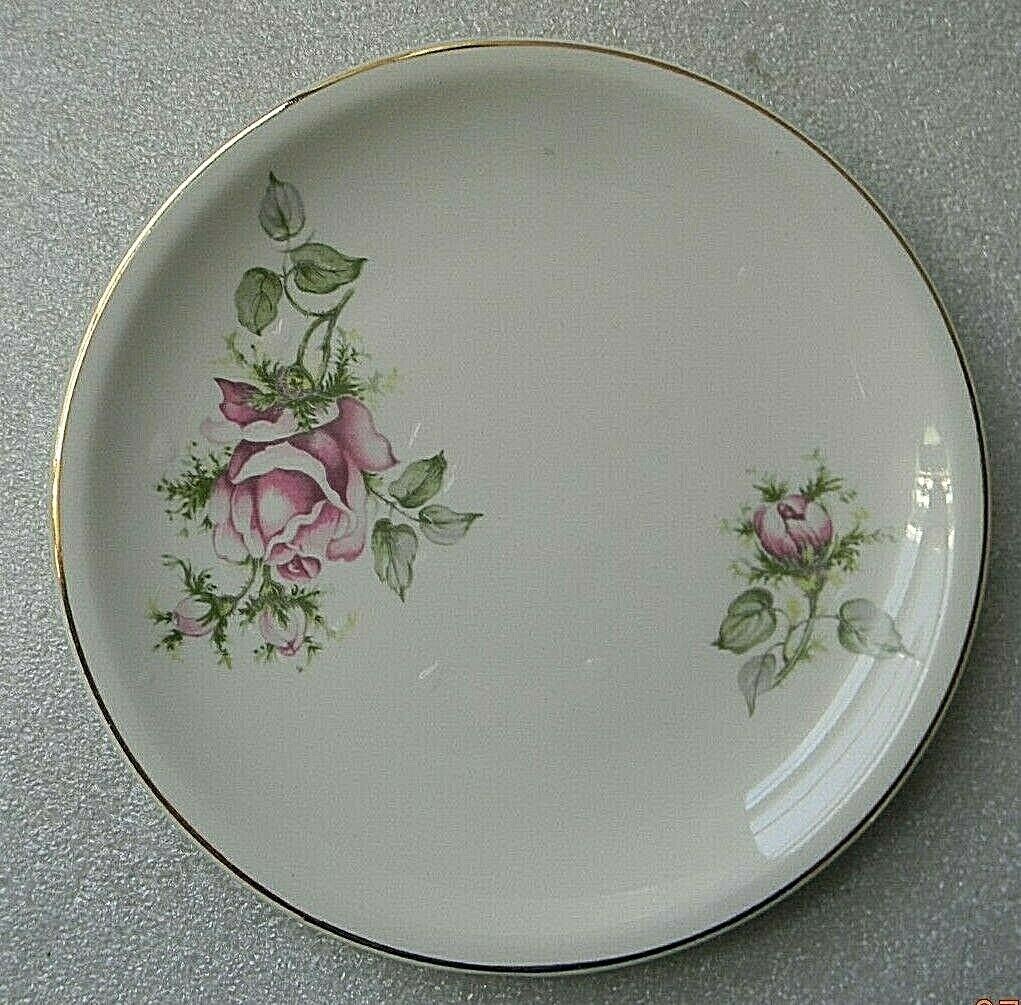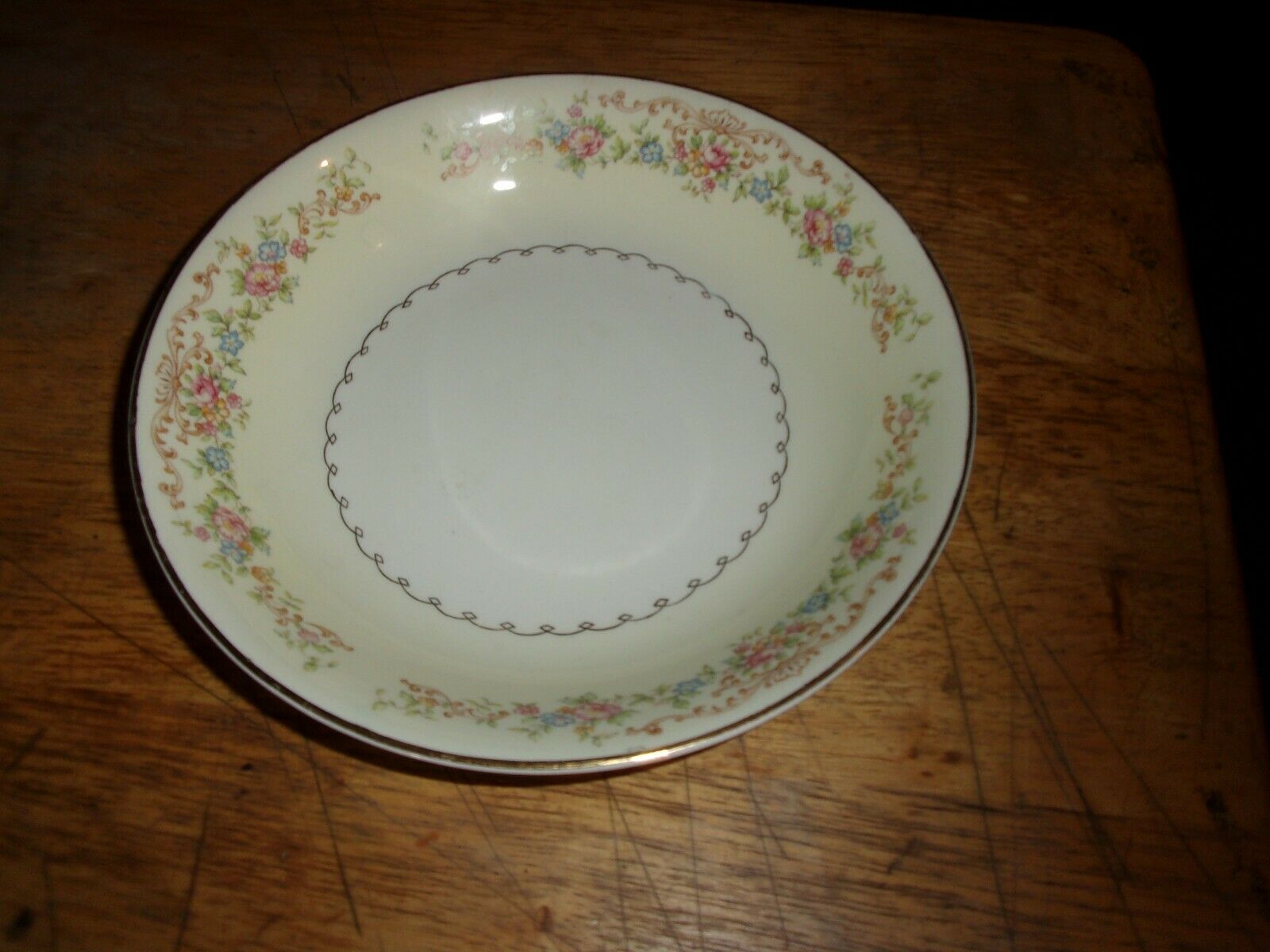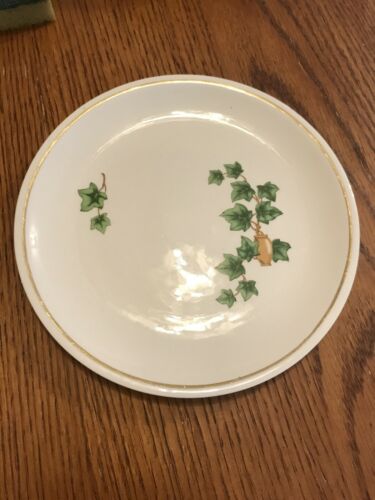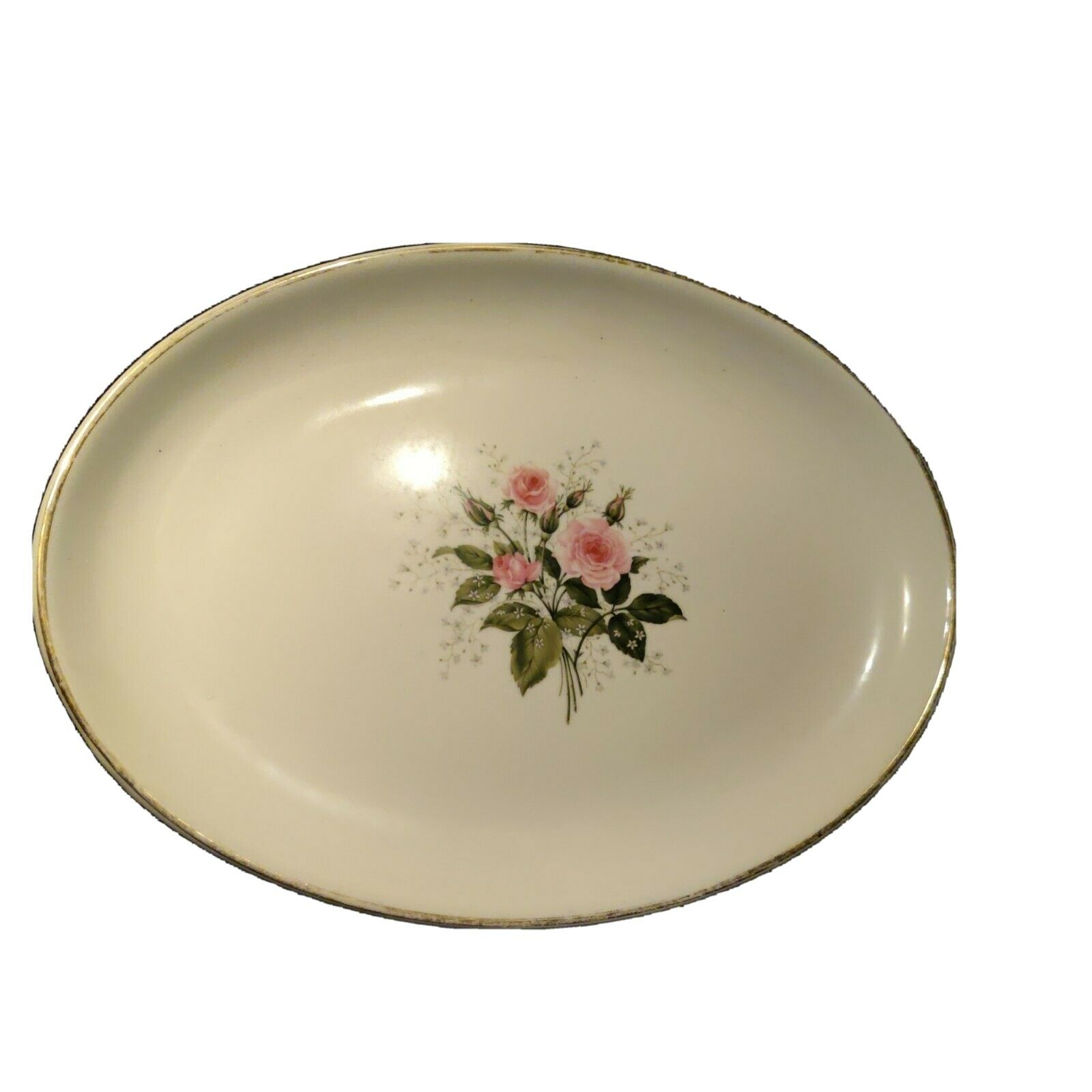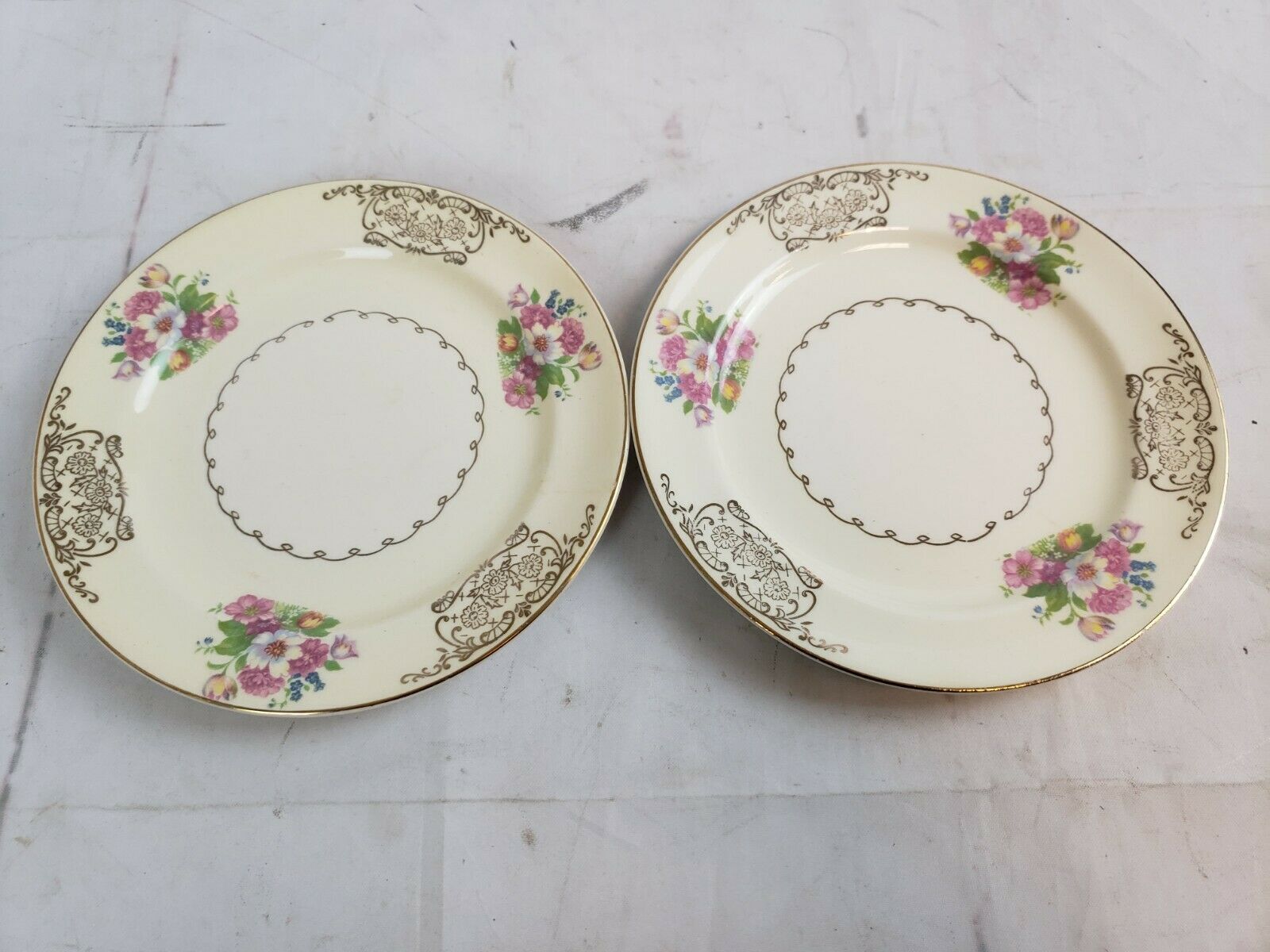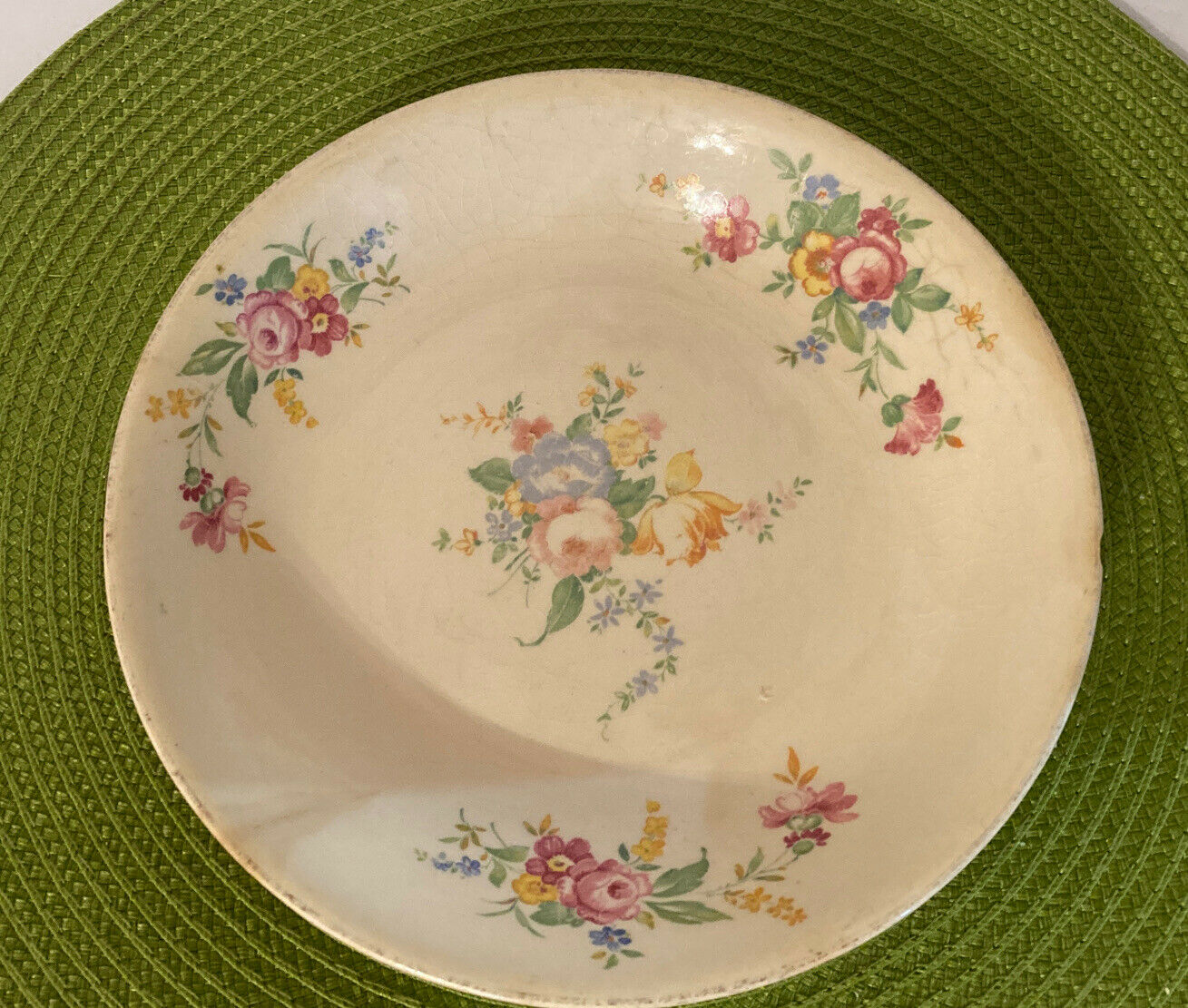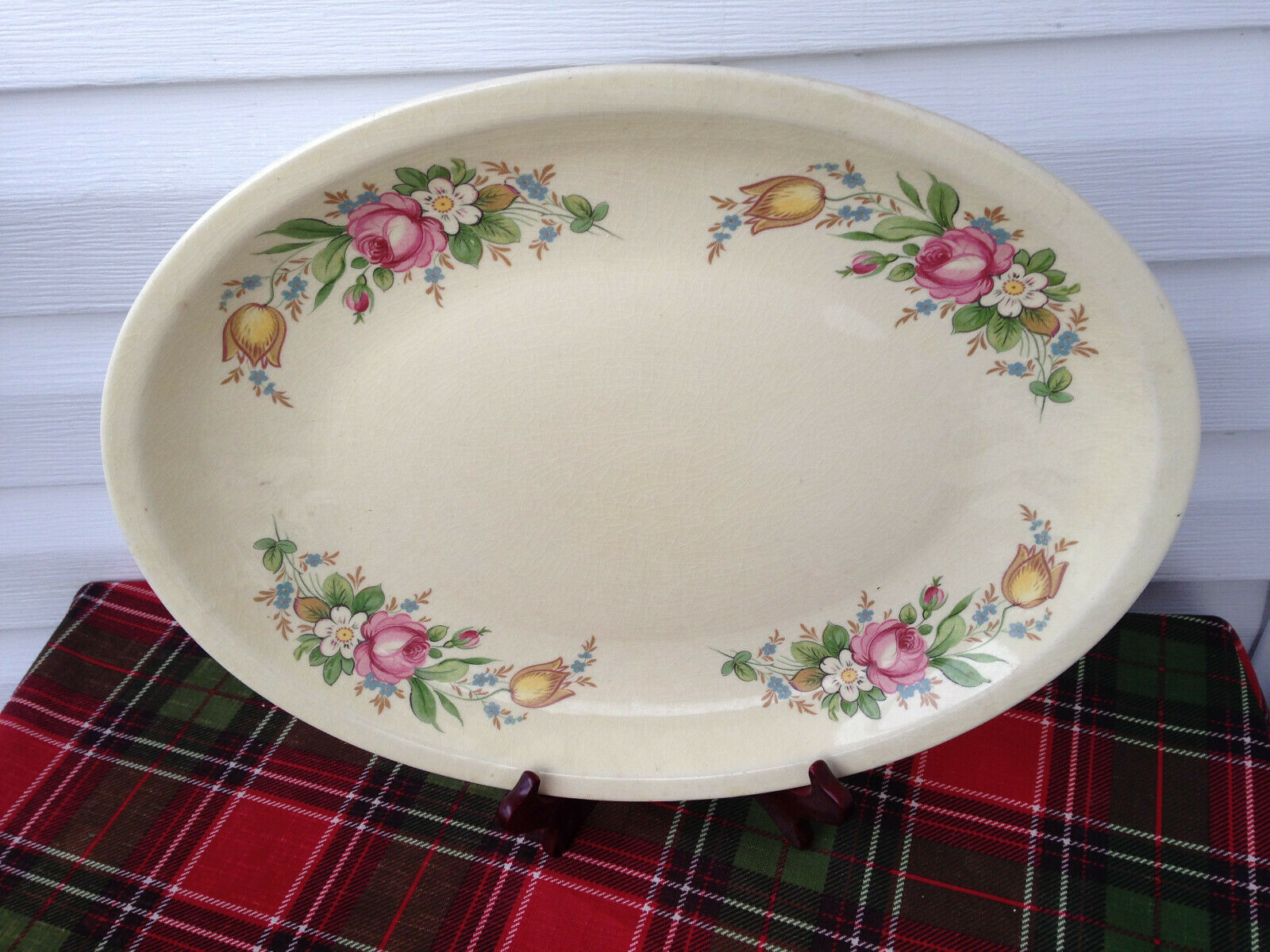-40%
Paden City China Pattern # H54 ~ Pink Rose ~ Bread Plate - 22K Gold Trim
$ 2.64
- Description
- Size Guide
Description
Very nice Paden City Potteryworked closely with
Paden City
Glass to create complementary pieces to each other’s lines. The quality of
Paden City
’s decals was such that their ware often was assumed to be hand painted. The 1950s saw the introduction of more new lines. Competition intensified in the early 1960s.
Buy multiple items & save $$ with combined shipping
T
o see all our listings
Visit: The Big Cats Fancy
The history of the Paden City Pottery Company and the town of Paden City, West Virginia, are interwoven so tightly it is impossible to separate the story of both. In 1901 a group of business men form Pittsburgh, Pennsylvania were hunting for a town site. The Ohio river valley was a right industrial center and they planned to form a land company, lay out a town, invite industries to locate and reap profits from their investments. However, there had been serious floods along the Ohio and many of the so-called safe river villages were inundated. Therefore the first requisite for the new town had to be high ground and if possible, natural gas.
All of their requirements were found in three farms bordering the river and owned by a man named Paden. The company purchased the land, plotted the town and named it Paden City in honor of the original owner. When the work of organization was successfully under way, the company formed the town's first industry, The Paden City Pottery Company. The president of the pottery was George R. Wallace, a Pittsburgh attorney. The pottery had a five kiln capacity and while they were of the most modern type then available, it required twenty-one days to make and fire the ware. Their original line was kitchen and art ware in brown and white.
